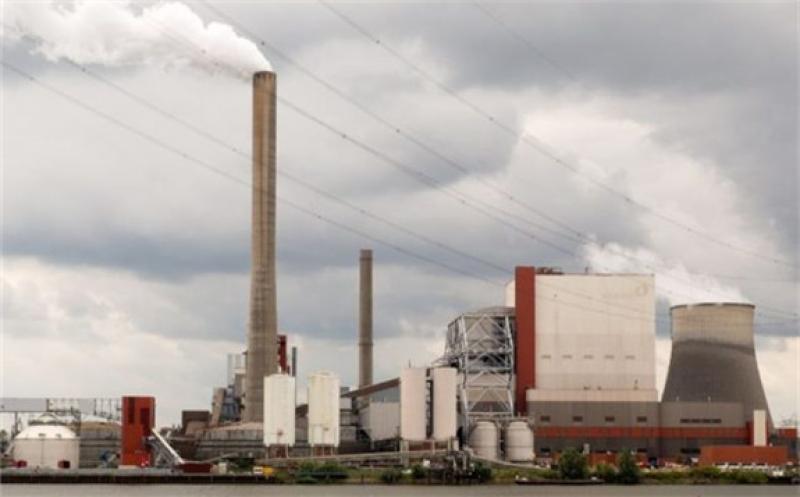As the race to decarbonise to mitigate climate change intensifies globally, some four South Korean provinces have called upon the government to action rapid phase-out of coal.

Chungnam, Gangwon, and Jeollanam, and Incheon Metropolitan City, which all host coal-fired power plants, have written a letter to the government calling for increased deployment of renewable energy solutions.
The provinces want the South Korean government to join the Powering Past Coal Alliance which they are members of. The alliance is a coalition of 136 countries, cities, regions, and organisations aiming to accelerate the fossil-fuel phase-out of coal-fired power stations. However, the coalition advocates for coal-fired power plants that have carbon capture and storage mechanisms to remain in operation.
The commitment made by the four provinces to join the Powering Past Coal Alliance is a huge milestone in the country’s transition to low-carbon fuels considering the regions are home to 80% of the country’s coal capacity. The four regions have 28 GW of coal-powered power plants. Joining the Powering Past Coal Alliance would make South Korea the first nation in Asia to do so and help accelerate the country’s green growth.
The statement from the four regions comes weeks before the UN Climate Summit COP26 kickstarts in Glasgow where South Korea is expected to announce its coal-phase-out plan. South Korea is expected to bid to hosts the event in 2028.
As local governments in Korea do not have direct control over power plants that operate within their boundaries, influencing policymaking at the national level is their best tool to transition away from coal to renewables to increase competitiveness and protect the health of their residents.
Today, South Korea has 60 coal-fired power plants and is the fifth-largest emitter of greenhouse gases in the OECD. To ensure the globe achieves its net-zero emissions targets, OECD countries must immediately stop the construction of any new coal power plants and phase out coal power generation by 2030, according to a statement.
Research firm GlobalData predicts South Korea will retire around 30 coal-fired power plants by 2034 once they complete their operational lifetime limits of 30 years. However, to meet growing energy demand, South Korea is expected to convert around 24 of these facilities to liquefied natural gas power plants.
However, the shutting down of old nuclear reactors and coal-fired generation coupled with the slow speed at which renewables are penetrating means South Korea will have to rely on thermal power generation to ensure a secure energy supply, according to GlobalData.
The research firm forecasts thermal power generation in South Korea to reach 397.77 TWh in 2030 from 362.04 TWh in 2020. This means by 2030, South Korea will generate 61.5% of its total energy from thermal sources whilst renewables will account for 16.6%.
Rohit Ravetkar, Power Analyst at GlobalData, said: “The country is expected to add significant renewable capacity during 2021-2030. From 24.42 GW in 2020, the renewable capacity is expected to reach 60.01 GW in 2030, growing at an impressive CAGR of 9.4% from 2020 to 2030.
“South Korea being a peninsula has huge potential to harness power from offshore wind plants and should focus on adding large offshore wind capacity in coming years.”